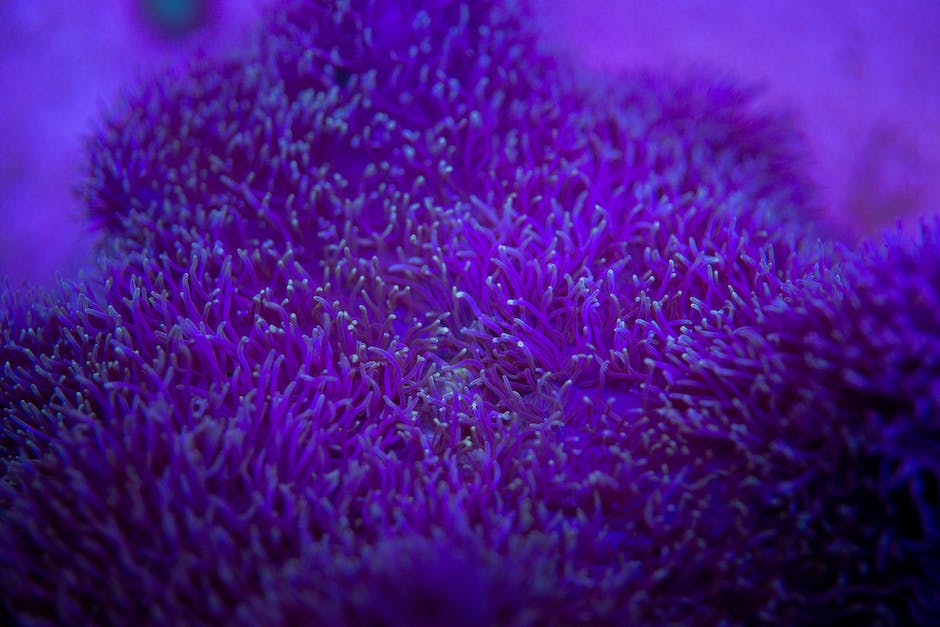This past May, Hawaii’s Maui island was ravaged by wildfires, resulting in some of the most destructive blazes Hawaii has ever experienced. While the fires aren’t completely contained, officials are preparing for the environmental impacts these fires have caused including the destruction of the area’s prized coral reefs.
Coral reefs are delicate underwater ecosystems made up of living organisms called polyps that play an essential role in the health of the ocean. In addition to providing a much-needed habitat, they also act as an effective barrier of protection for the coastline from storms and leaves of destruction. They’re also a major draw for tourists which in turn add to the local economy.
Unfortunately, the raging fire sent huge billows of smoke down the mountain and right into the ocean. The smoke from these fires carries tiny particles of ash, an ingredient that is extremely toxic to coral reefs. The acidity levels in the water also increase which can cause too much stress for the polyps living within the coral and can disrupt the delicate balance of the ecosystem.
The impact the Maui fire has had on the reef ecosystem is still unclear. Experts are currently monitoring the water quality and testing for coral bleaching. Coral bleaching occurs when the coral is exposed to too much heat, and in turn becomes so stressed out that it is unable to retain the vibrant colors.
This isn’t the first time this connecting of events has occurred. Research shows that other coral reef systems around the world have suffered from the effects of smoke generated by nearby fires, rivers carrying suspended particles of ash, and acidification from pollutants.
Ultimately, the future of Hawaii’s coral reefs is still uncertain. It’s important to remember that these fragile ecosystems, which are vital to the health of our oceans, don’t have a voice of their own and rely on us to keep them safe and protected. We must now come up with long-term measures to help prevent and protect against these types of devastating events in the future.

